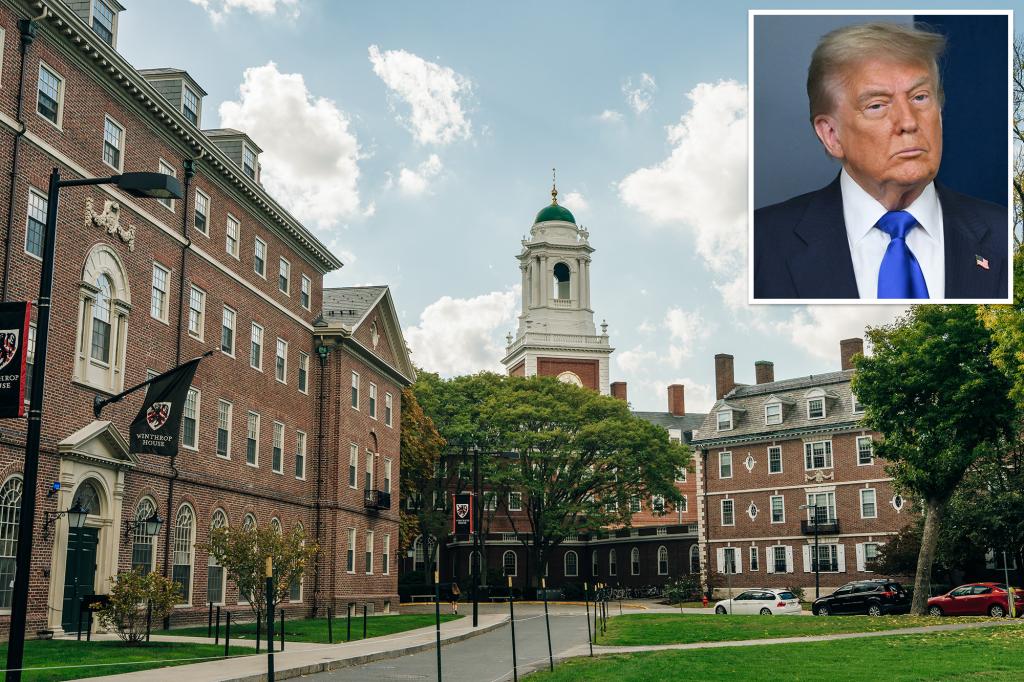In a shocking turn of events, students at Acharya Nagarjuna University (ANU) in Guntur have taken to the streets in protest after discovering insects in the food served at their hostel. The incident, which has ignited widespread outrage, raises serious questions about the quality of food safety and hygiene standards in university campus dining facilities. While protests have continued, the larger conversation now revolves around how institutions of higher education handle such crucial aspects of student welfare.
The Incident: Students React to Unsanitary Conditions
What began as a routine mealtime at the ANU hostel soon turned into a disturbing discovery for the students. According to reports, students found visible insects in the food served to them in the hostel mess, a practice that many claimed to be a recurring issue. This incident led to an organized protest, where students voiced their concerns about the lack of accountability and transparency in the management of hostel food quality. A few students, who had previously noticed food quality concerns, felt their complaints had been ignored by the hostel authorities, prompting them to take further action.
Students’ Voices: Anger and Frustration
While the discovery of insects in food was the immediate catalyst, students expressed deeper frustrations about recurring issues with the quality of food served in hostels. The protest was characterized by a combination of anger and a call for change. Students chanted slogans, demanding better hygiene practices, improved food quality, and a more responsive administration. One student spokesperson stated, “This is not just about one incident; it’s about the repeated neglect of student well-being. How can we concentrate on our studies when we are unsure of the food we are being served every day?”
Food Safety in University Hostels: A Growing Concern
While this particular incident has garnered attention, it is part of a larger and ongoing issue faced by students in university hostels across India. Concerns about the cleanliness of hostel kitchens, the quality of ingredients used, and the overall food preparation processes are prevalent. Some reports suggest that in many institutions, the quality of hostel food is often compromised due to budget constraints, lack of proper monitoring, and inadequate infrastructure.
Regulatory Framework for Campus Dining
In most educational institutions, food safety and hygiene are governed by a mix of local health department guidelines and internal regulations. However, universities often outsource their hostel food services to private contractors, which can lead to discrepancies in the quality of food served. Without proper oversight, such contracts sometimes result in corners being cut in the preparation process. According to a report from the Food Safety and Standards Authority of India (FSSAI), proper sanitation, regular health checks of food handlers, and quality control measures are essential to maintaining food safety. Unfortunately, these measures are not always strictly enforced in university hostels.
The Impact on Student Health and Well-Being
Foodborne illnesses, stemming from unclean food or inadequate food storage, can pose a serious health risk to students, particularly in environments like hostels, where large numbers of people are fed in a single setting. Insects in food, as seen in this protest, are often indicative of poor sanitation and mishandling of food storage, both of which can lead to contamination. Beyond the immediate shock of discovering insects, students are concerned about the long-term health implications of consuming subpar food over extended periods.
Furthermore, food-related issues contribute to mental stress, which can negatively affect academic performance. For many students living in hostels, food is not just about nutrition; it’s also about comfort and the assurance of being cared for by their institution. When this basic need is compromised, it can lead to emotional and psychological stress, exacerbating the challenges of campus life.
The Role of University Administration
In response to the protests, the university administration has promised a thorough investigation into the incident. Senior officials assured students that the hostel kitchen would be inspected for hygiene and that corrective measures would be implemented. However, this raises an important question: why was this situation allowed to escalate to such a point in the first place?
The university’s responsibility goes beyond ensuring that students have access to basic services; it must also ensure that these services meet certain quality standards. Regular audits of hostel kitchens, more robust training for food handlers, and transparency in food sourcing could help prevent such incidents from happening in the future.
The Need for Student Representation in Decision-Making
Another important aspect of this issue is the role of student representation in institutional decisions about food services. Often, students are not involved in the decision-making process when it comes to food contracts or the selection of food service providers. Including students in discussions about their dietary needs, food preferences, and the quality of food could lead to a more effective and satisfactory food system. Student welfare committees, which already exist in many universities, could play a more active role in overseeing food quality and sanitation standards.
Broader Implications: The Need for Systemic Change
This incident at ANU, though concerning, is not isolated. Several other universities across India have faced similar complaints about food quality, leading to a wider conversation about the adequacy of food provisions in educational institutions. Students often rely on hostels as their primary source of nutrition, and as such, universities must take a more proactive stance in ensuring the safety and quality of the food they provide.
Encouraging Transparency and Accountability
One step toward improving the situation could be the introduction of regular food safety audits and the publication of food quality reports. Transparent systems where students can voice concerns anonymously and get regular updates on the resolution of issues could create an environment of trust. Furthermore, universities could incentivize food service providers to maintain high standards through performance-based contracts that emphasize quality over cost-cutting.
Addressing Root Causes: Budgeting and Infrastructure
While the immediate response to food quality issues is important, addressing the root causes is equally essential. Budget constraints often lead to substandard food services in universities, especially in hostels where many students depend on the meals provided. Universities need to allocate adequate funds to maintain a high standard of hostel facilities, including food services. A better focus on infrastructure, both physical and operational, can ensure that students receive the quality they deserve.
Conclusion: Moving Forward
The protests at ANU have shone a spotlight on the critical issue of food quality and hygiene in university hostels, sparking a much-needed conversation about student welfare. While the university administration’s response is essential in restoring student trust, the larger question is whether institutions are truly prioritizing the well-being of their students in all aspects of campus life. The incident in Guntur may have been the spark, but it must not be the end of a broader movement for accountability, transparency, and improved food safety standards across campuses.
As students continue to demand better living conditions, it is clear that universities must evolve their approach to student welfare. By implementing stronger regulatory measures, involving students in decision-making, and committing to systemic changes, universities can ensure that such incidents are prevented in the future and that students’ health and well-being are no longer overlooked.
For more information on food safety regulations, visit the Food Safety and Standards Authority of India (FSSAI).
To learn more about improving student welfare at universities, check out this article on University Welfare and Standards.
See more TED Talks World



